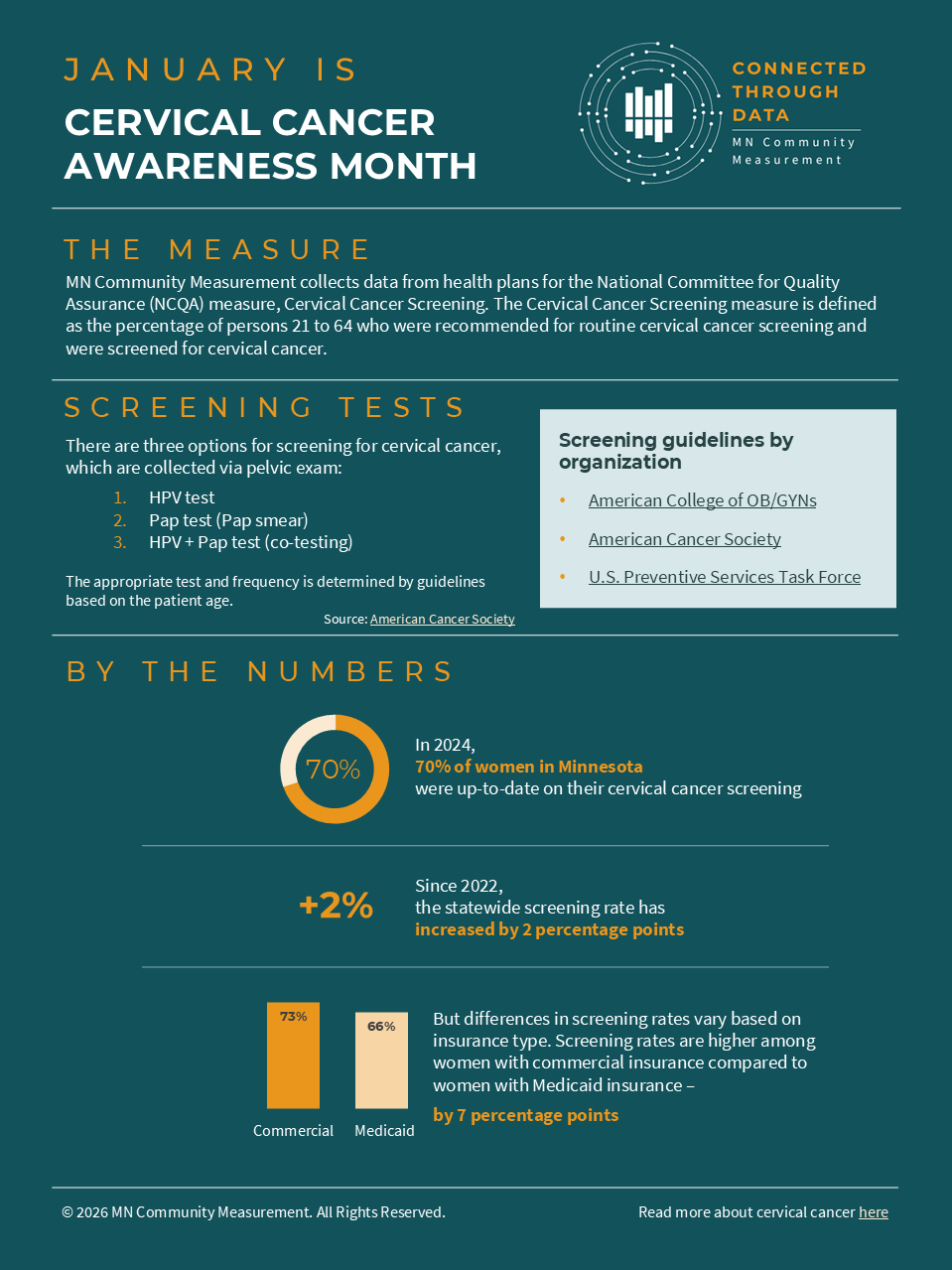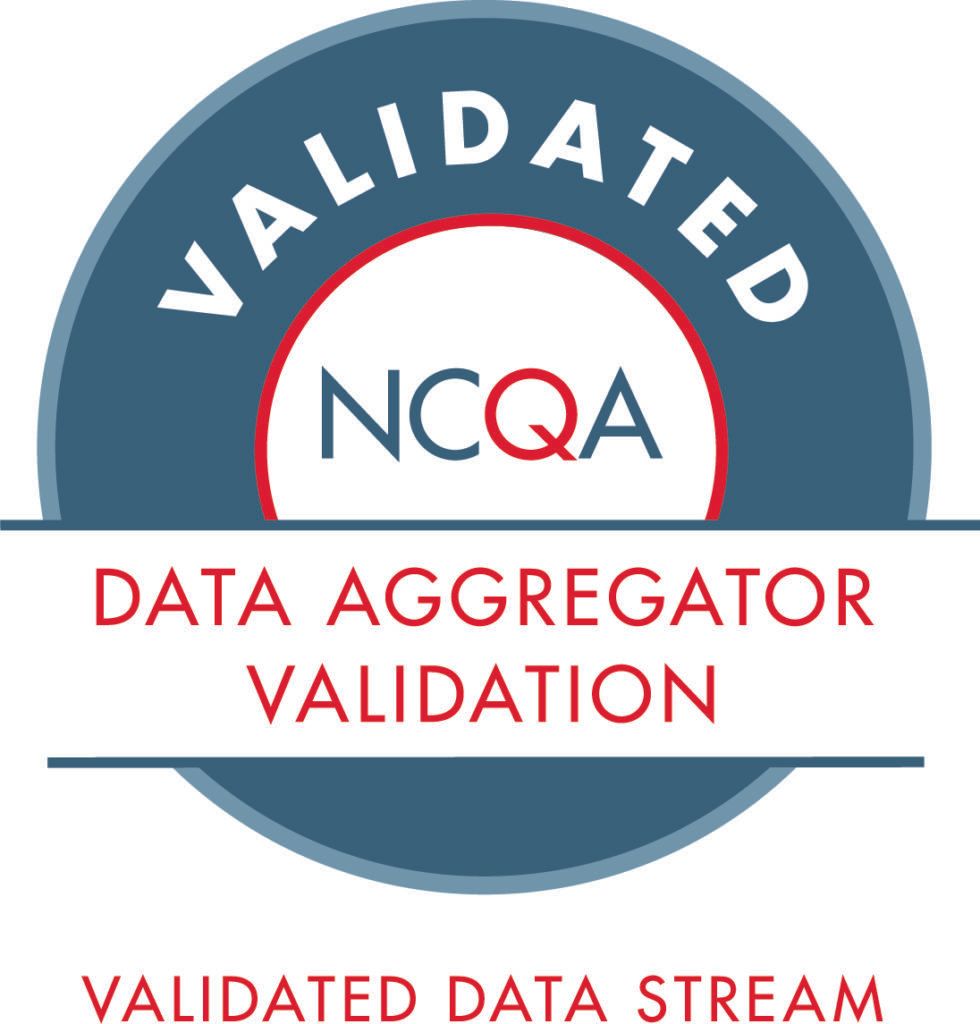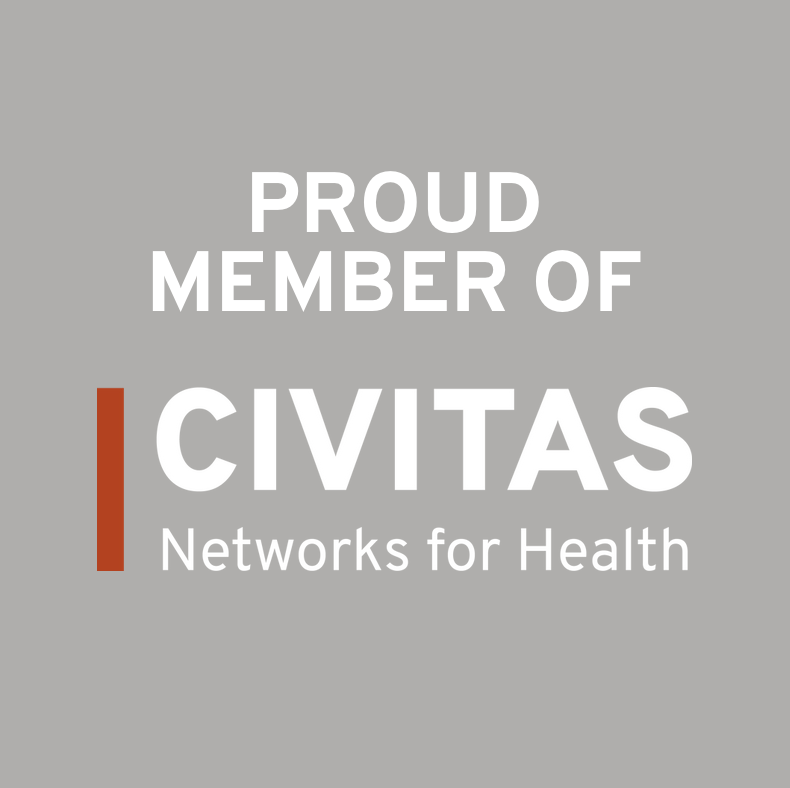MN Community Measurement Releases Latest Report on Health Care Disparities by Insurance Type
May 23, 2025
Persistant gaps highlight need for targeted action to address disparities for individuals enrolled in Minnesota Health Care Programs
MN Community Measurement (MNCM), in partnership with the Minnesota Department of Human Services (DHS), has released its latest report examining health care disparities across insurance types in Minnesota. The new report, Minnesota Health Care Disparities by Insurance Type , focuses on care delivered in 2023 and compares health care quality and outcomes between Minnesotans covered through state programs (Minnesota Health Care Programs Managed Care, or MHCP MCO) and those with private or Medicare Advantage insurance.
The data continues to show significant disparities in health care quality and outcomes, especially among patients enrolled in public insurance programs. While there were modest gains in some areas, gaps in care persist or have worsened across many key health indicators.
Key findings from the 2023 measurement year include:
- Widening Gaps: MHCP patients had lower rates across all quality measures when compared to privately insured populations. The largest disparity was in Childhood Immunization Status, where there was nearly a 28-point gap between MHCP and other purchasers.
- Improvements and Stability: There were modest improvements in Colorectal Cancer Screening, Optimal Diabetes Care, and Adolescent Mental Health Screening. However, several other measures including Breast Cancer Screening, Controlling High Blood Pressure, Optimal Vascular Care, Depression Remission at Six Months, and Optimal Asthma Control showed no significant progress.
- Notable Declines: Childhood Immunizations declined nearly five percentage points from 2022 for MHCP populations, mirroring a broader statewide trend.
- Persistent Racial and Ethnic Disparities: Patients who are Black, Indigenous/Native, and Hispanic/Latinx continue to face disproportionately lower rates of screening, chronic disease management, and preventive care. Notably, Black and Indigenous/Native patients fell below the statewide MHCP average in over 60% of measures.
“The persistent disparities in outcomes for Minnesotans enrolled in public insurance programs are alarming,” said Liz Cinqueonce, President & CEO of MN Community Measurement. “Closing these gaps requires more than just data. It demands meaningful collaboration across all sectors. By working together—providers, health plans, policymakers, employers, and community-based organizations—we can identify solutions and drive sustainable improvements to ensure that all Minnesotans have access to equitable, high-quality care.”
About MN Community Measurement
MN Community Measurement is a nonprofit organization dedicated to empowering health care decision makers with meaningful data to drive improvement. A trusted source of health care data since 2005, MNCM works with community partners including doctors, clinics, insurance companies, and state agencies to collect, analyze, and report health care data related to quality, cost, and equity of health care. Learn more at www.mncm.org.
About MN Department of Human Services
The MN Department of Human Services (MN DHS) is the state Medical Assistance (Medicaid) agency responsible for purchasing health care services for approximately 1.4 million Minnesotans, about 25% of the state’s population. Most Minnesotans enrolled in Medicaid receive services through the state’s contracted managed care organizations. Minnesota Medicaid plays a critical role in ensuring access to high quality care for vulnerable populations including children, persons with disabilities, and seniors. DHS’s mission is, working with others, to help people meet their basic needs so they can live in dignity and achieve their highest potential.
Posted in Press Release
Recent Posts








